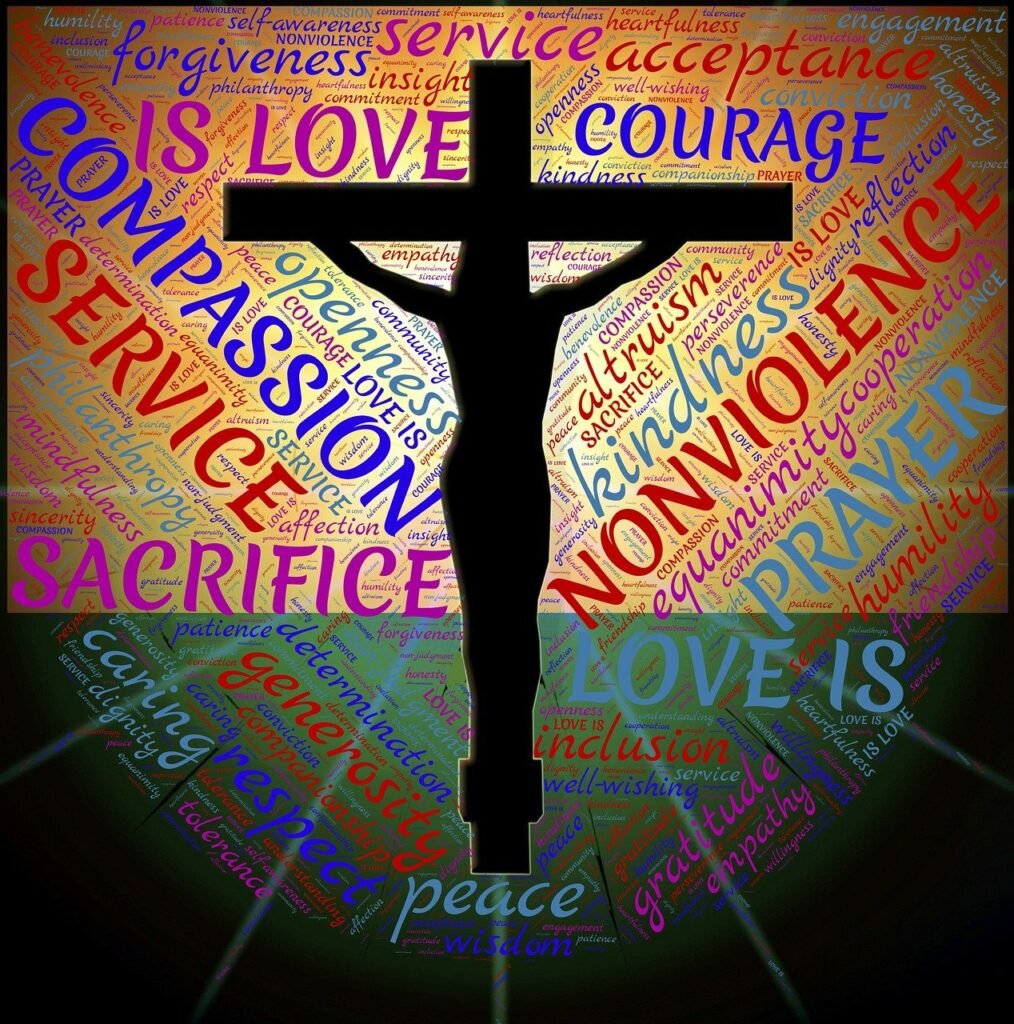Overcoming Forgiveness: A Journey of Grace

Overcoming forgiveness is one of the most profound challenges we face in life. Whether it’s forgiving a family member who hurt us, a friend who betrayed us, or even forgiving ourselves for past mistakes, the process can feel impossible. Yet, forgiveness is also one of the most transformative acts we can undertake, freeing us from anger and bitterness and bringing us closer to God.
In this blog, I’ll share my personal journey with forgiveness, the struggles and triumphs I’ve encountered, the lessons I’ve learned, and how I’ve overcome the challenge of forgiveness. Along the way, I’ll offer insights and tools to help you navigate this difficult but rewarding path.
When Overcoming Forgiveness Feels Impossible
I remember a time when I was deeply hurt by someone I trusted. The details don’t matter as much as the emotions: anger, betrayal, and the sense that life had somehow shifted under my feet. I replayed the event over and over in my mind, holding onto my anger like a shield.
Then one Sunday, during a church sermon, the pastor read Matthew 6:14-15: “For if you forgive other people when they sin against you, your heavenly Father will also forgive you. But if you do not forgive others their sins, your Father will not forgive your sins.”
It felt like a direct callout. I knew overcoming forgiveness was the right thing to do, but I didn’t know how to get there.

Understanding What Overcoming Forgiveness Is (and Isn’t)
One of the biggest obstacles to overcoming forgiveness is misunderstanding what it truly means. I used to think forgiving someone meant excusing their actions or pretending nothing had happened. But forgiveness isn’t about condoning harm—it’s about releasing the hold that pain has over you.
What Forgiveness Is:
- Letting go of anger and resentment.
- Choosing to move forward without seeking revenge.
- Trusting God to handle justice in His time.
What Forgiveness Isn’t:
- Forgetting the hurt or minimizing its impact.
- Rebuilding trust automatically (trust must be earned).
- Ignoring your own emotions or pretending everything is fine.
Steps to Forgiveness: A Practical Guide
Forgiveness doesn’t happen in an instant—it’s a process that takes time and intention. Here are the steps that helped me along my journey:
1. Acknowledge the Hurt
You can’t forgive what you don’t acknowledge. Name the hurt and allow yourself to feel the emotions that come with it. Journaling helped me sort through my feelings, bringing clarity to my pain.
2. Pray for Guidance
Forgiveness is a spiritual act, and it requires God’s help. I prayed daily, asking God to soften my heart and guide me toward forgiveness. Some days, my prayers were little more than, “Lord, I can’t do this without You.”
3. Choose to Forgive
Forgiveness is an intentional choice, not an emotional reaction. I didn’t wake up one day suddenly ready to forgive; I made the decision to do so even when I didn’t feel like it.
4. Release the Burden
When I felt anger or bitterness creeping back, I reminded myself to give it to God. “Cast all your anxiety on Him because He cares for you” (1 Peter 5:7) became my mantra.
5. Set Boundaries (If Necessary)
Forgiveness doesn’t always mean reconciliation, especially in situations where trust has been broken. Setting boundaries is an act of self-care, ensuring that you don’t subject yourself to further harm.
The Freedom of Forgiveness
One day, months after starting my journey toward forgiveness, I realized something incredible: the weight of my anger had lifted. I no longer felt consumed by thoughts of what had happened. Instead, I felt a sense of peace that I hadn’t experienced in a long time.
Forgiveness didn’t just free the person who hurt me—it freed me.

Biblical Encouragement for Forgiveness
Scripture offers countless reminders of the importance of forgiveness and God’s role in helping us achieve it:
- “Be kind and compassionate to one another, forgiving each other, just as in Christ God forgave you” (Ephesians 4:32).
- “Bear with each other and forgive one another if any of you has a grievance against someone. Forgive as the Lord forgave you” (Colossians 3:13).
- “Do not repay anyone evil for evil… Do not be overcome by evil, but overcome evil with good” (Romans 12:17-21).
When Forgiving Yourself Is the Challenge
Sometimes, the hardest person to forgive is yourself. We replay past mistakes, beating ourselves up for things we can’t change. But holding onto guilt doesn’t serve us or God’s purpose for our lives.
I’ve struggled with self-forgiveness, especially when my actions caused pain to someone I loved. But over time, I’ve learned to embrace God’s grace. If He can forgive me, who am I to refuse that forgiveness for myself?
Steps to Forgive Yourself:
- Confess your mistakes to God and ask for His forgiveness.
- Remind yourself of 1 John 1:9: “If we confess our sins, He is faithful and just and will forgive us our sins and purify us from all unrighteousness.”
- Commit to learning from your mistakes and moving forward.
Inspiring Reads From Other Blogs
If you’re looking for more encouragement on forgiveness, check out these insightful blogs:
- Desiring God: Read “The Power of Forgiveness” for a deep dive into the spiritual strength required to forgive.
- Faith Gateway: Their post “Letting Go: The Path to Forgiveness” offers practical advice for releasing anger.
- Proverbs 31 Ministries: Check out “When Forgiveness Feels Impossible” for heartfelt stories and Biblical encouragement.
Final Thoughts: A Lifelong Journey
Overcoming forgiveness isn’t a one-time event—it’s a lifelong practice. You’ll face new challenges and hurts, but with each one, you’ll grow stronger in grace.
Remember, forgiveness isn’t about letting someone off the hook—it’s about setting yourself free. With God’s help, you can overcome even the most difficult hurts and move forward in peace.
Have you faced the challenge of forgiveness? Share your story in the comments—I’d love to hear how God has worked in your life.
Here’s another of my blogs to read!





